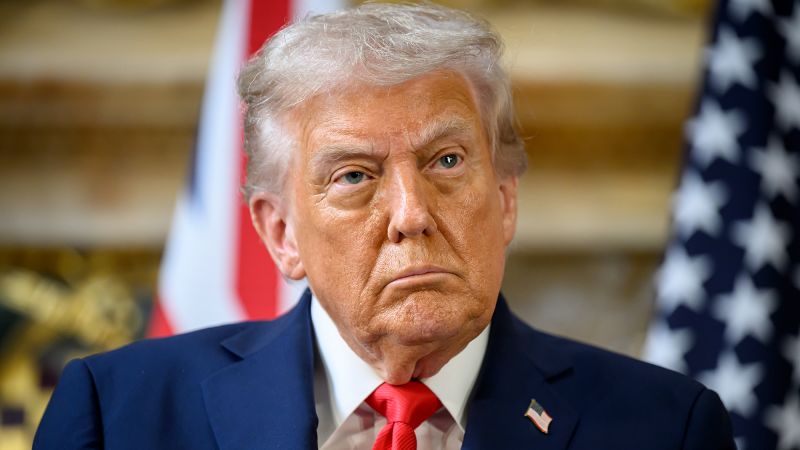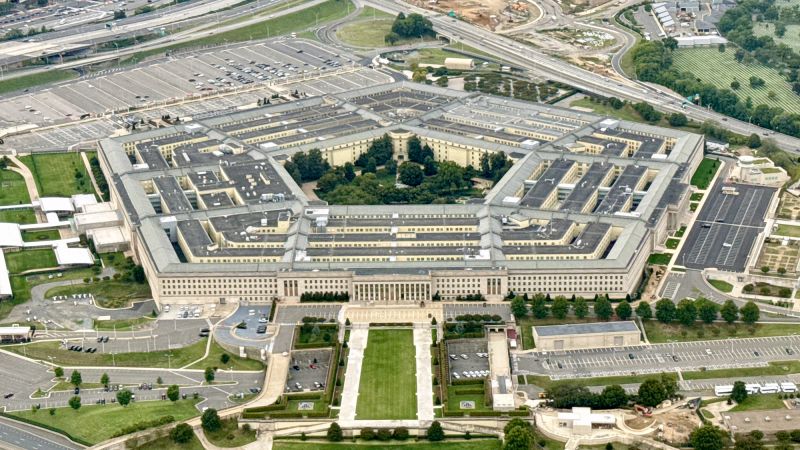
Challenges to TV Station Licenses: Legal Experts Analyze Trump's Threats
Politics | 9/19/2025
President Trump has repeatedly issued warnings regarding the licenses of local TV stations, sparking concerns over the extent of his administration’s regulatory authority in this realm. Despite the aggressive nature of the threats, legal experts highlight the limited practicality of such actions within the Federal Communications Commission’s (FCC) jurisdiction. The FCC, an independent agency, holds the responsibility for granting and overseeing broadcast licenses, operating separately from direct presidential influence.
In response to Trump’s vocalized intentions, a White House official emphasized the President’s commitment to challenging media outlets deemed critical of his administration. However, the viability of revoking licenses remains dubious under current legal frameworks. The historical context of FCC regulations underscores the complex and stringent procedures necessary for license revocation, requiring clear evidence of egregious misconduct or violations of broadcasting standards.
The nature of Trump’s rhetoric towards the press has often drawn scrutiny, with critics highlighting concerns over potential threats to freedom of the press and journalistic independence. While the President’s statements convey a stance of assertiveness, the practical implications of enforcing license revocation against TV stations face significant legal hurdles and precedent constraints. Notably, the FCC’s mandate prioritizes the promotion of diverse viewpoints and public interest in broadcasting, suggesting a high threshold for any license revocation actions.
Amidst the ongoing debate surrounding Trump’s confrontational approach towards media institutions, stakeholders in the broadcasting industry remain attentive to any potential regulatory shifts. The balance between governmental oversight and press freedom continues to be a focal point of discussion, with legal experts monitoring developments closely. The intricacies of FCC regulations, coupled with constitutional protections of free speech, present a nuanced backdrop against which Trump’s statements on TV station licenses are evaluated.


